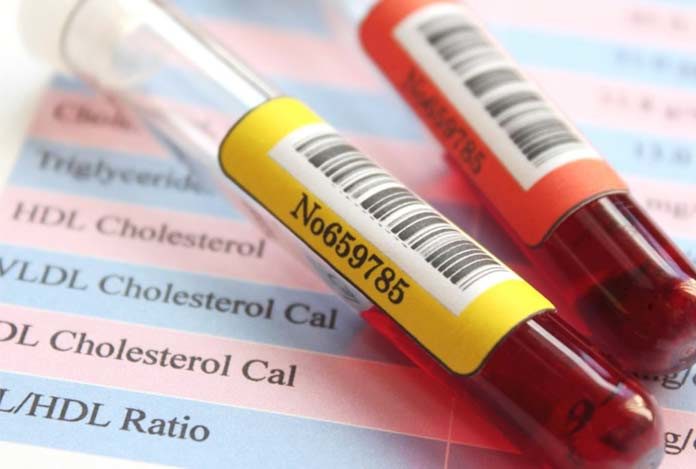
Triglycerides are basically fat in the blood that are being transported to various tissues in the body. They are obtained from the fats and sometimes, made by other sources of energy like carbohydrates. When we do not immediately use the calories consumed by us, they get converted into triglycerides to be stored in the fat cells. The release of triglycerides is regulated by hormones to meet the energy demands of the body.
When you get your low-density lipoprotein, or as commonly called, Bad Cholesterol, checked, your triglycerides are also monitored. The level of triglycerides below 150 mg/dL are considered as normal but levels higher than 200mg/dL are said to be too high.
Dr. Andrew Weil says that triglycerides are important in calculating total cholesterol but they themselves are not either good or bad. In simple words, they are either too high or not. When we talk about cholesterol, high levels of bad cholesterol are not good for the heart and high levels of good cholesterol are good for the heart.
High triglyceride levels may be running in the family. They could be related to obesity or diabetes. Diet also plays a major role in increasing the levels of triglycerides. Carbohydrates affect the triglyceride levels in the blood; particularly carbs, whose glycemic load is really high. These foods leads to increased insulin levels.
Insulin has an effect on the synthesis of triglycerides and storing the fat. When the triglyceride levels are high, it results in low high-density lipoprotein (HDL) cholesterol, which causes high blood pressure and accumulation of fat in the abdominal area. These are biomarkers of insulin resistance and metabolic syndrome that are, in general, the signs of obesity, heart disease and type 2 diabetes.
Dr. Weil suggests that the low-fat, high-carbohydrate diet for bringing down the levels of triglycerides and cholesterol is not the right approach. An anti-inflammatory diet, suggested by Dr. Weil on this website, is the right choice. Dr. Weil adds that you must exercise regularly to keep the levels of serum glycerides within the normal range.
He further advises that if you are overweight, you must lose weight; reduce the amount of trans fat and saturated fat in your diet, and avoid alcohol and beer. Additionally, you can increase the intake of omega-3 fatty acids by consuming salmon, sardines, herring and so forth. You can even take a fish oil supplement.










